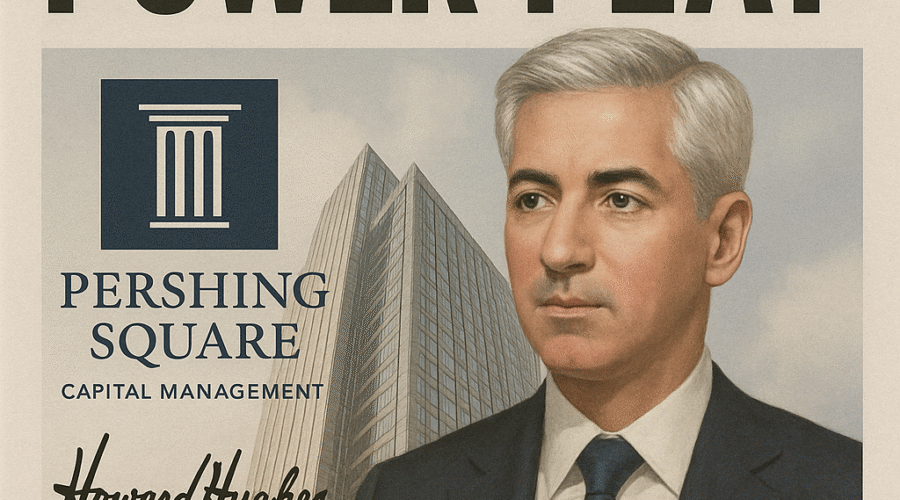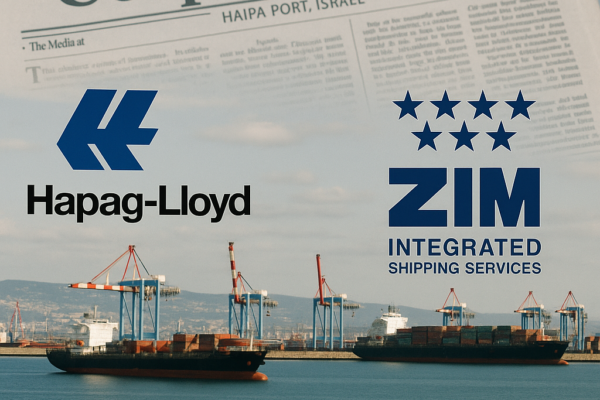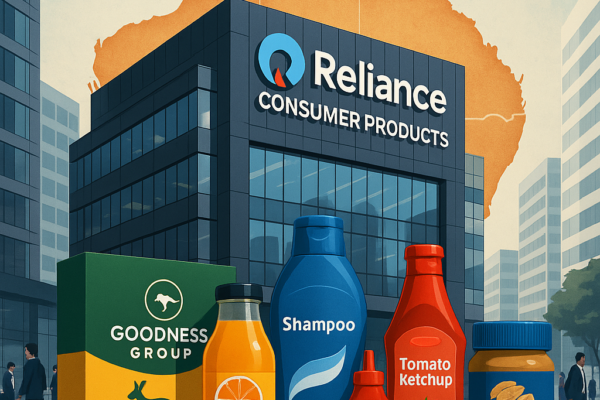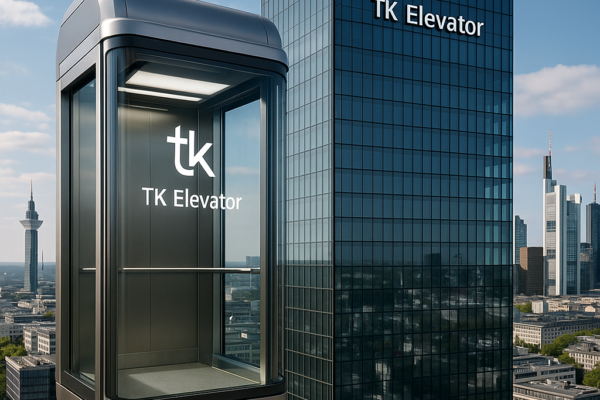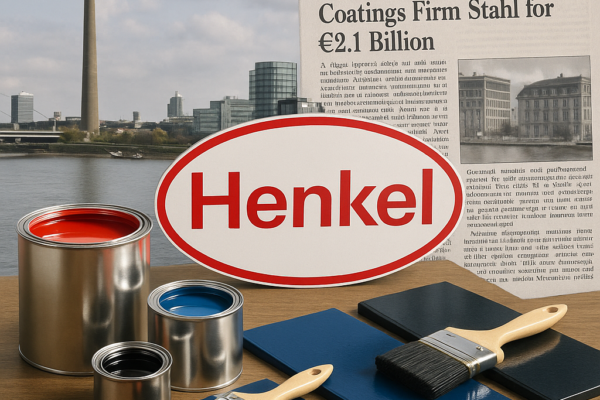In a bold strategic maneuver reshaping the landscape of corporate investments, Pershing Square Capital Management has executed a $900 million equity infusion into Howard Hughes Holdings (HHH) at a 48% market premium. This transaction – one of 2025’s most consequential real estate plays – positions activist investor Bill Ackman to transform the master-planned community developer into a diversified holding company modeled after Warren Buffett’s Berkshire Hathaway. The deal’s complex financial engineering, governance compromises, and ambitious growth blueprint offer critical insights into modern value creation strategies for corporate leaders navigating volatile capital markets.
Anatomy of a Premium-Priced Transformation
The Deal Mechanics
Pershing Square’s acquisition of 9 million newly issued HHH shares at $100 each represents multiple strategic calculations. The $67.57 reference price (Friday’s close) implies a $32.43 per share premium – equivalent to 2.3x the 21-day volume-weighted average price[2][4][7]. This aggressive pricing structure achieves three objectives simultaneously: 1) Compensates existing shareholders for dilution through immediate equity appreciation 2) Signals long-term conviction to market participants 3) Establishes a valuation floor for future capital raises.
| Offer Date | Shares (M) | Price/Share | Total Value | Ownership Post-Deal |
|---|---|---|---|---|
| January 2025 | 11.76 | $85 | $1B | 51% |
| February 2025 | 10 | $90 | $900M | 48% |
| May 2025 | 9 | $100 | $900M | 46.9% |
Governance Architecture
The negotiated voting cap at 40% despite 46.9% economic ownership creates a novel power-sharing model[2][4][7]. This “golden share lite” structure balances Pershing’s influence with minority investor protections – an essential compromise given HHH’s $4.2 billion market cap and complex asset base spanning 28,000 acres of developable land[3][6]. The arrangement echoes Berkshire’s decentralized operating philosophy while incorporating modern ESG-focused governance controls.
Strategic Rationale: Building the Next Berkshire
Unlocking Embedded Value
Howard Hughes’ crown jewels – The Woodlands (Houston), Summerlin (Las Vegas), and Ward Village (Honolulu) – contain $9.4 billion in developable assets generating 19% unlevered IRRs according to 2024 filings[3][6]. Yet public markets historically valued HHH as a traditional REIT, ignoring the optionality value of its 50-year development pipelines. Ackman’s move effectively securitizes this latent potential through:

The Holding Company Playbook
Pershing’s transformation blueprint mirrors Berkshire’s 1965 pivot from textiles to conglomerate-building[5][6]. The $900 million warchest enables HHH to:
- Acquire controlling stakes in cash-generative operating companies
- Leverage real estate assets as collateral for low-cost debt
- Monetize land banks through strategic joint ventures
Early targets likely include proptech platforms, renewable energy developers, and infrastructure operators – sectors benefiting from HHH’s land positions and regulatory expertise[5][8].
Financial Engineering & Incentive Alignment
Fee Structure Innovation
The compensation package ties Pershing’s rewards directly to long-term value creation:
| Component | Structure | Annual Run Rate |
|---|---|---|
| Base Fee | $3.75M quarterly | $15M |
| Performance Fee | 0.375% of equity cap growth | ~$28M at 10% CAGR |
This “enterprise value accelerator” model aligns with Warren Buffett’s philosophy of incentivizing managers based on durable book value growth rather than short-term earnings[4][5].
Industry Implications & Competitive Landscape
Redefining Real Estate Investment
The transaction accelerates three critical sector trends:

1. Alternative Asset Convergence: 79% growth in non-traditional real estate investments since 2020[6]
2. Permanent Capital Vehicles: $289B deployed into evergreen structures in 2024[6]
3. Operational Expertise Arbitrage: 22% IRR gap between developer-led vs. financial owner assets[8]
Execution Risks & Mitigation Strategies
Capital Allocation Discipline
Pershing’s track record with complex transformations (e.g., Chipotle, Restaurant Brands) suggests methodical execution[3][5]. However, HHH’s success requires balancing:
- Development cycle timing (5-7 year horizons)
- Interest rate sensitivity (60% floating rate debt)
- Geographic concentration (TX/NV/HI = 83% NAV)
Conclusion: Blueprint for Corporate Reinvention
Ackman’s HHH play transcends traditional activist investing, offering a masterclass in strategic repositioning. By combining Berkshire’s capital allocation discipline with Blackstone’s asset monetization prowess, this deal creates a new template for unlocking trapped value in complex real estate enterprises. As CEOs evaluate similar transformations, key takeaways include:
“The Pershing Square-Howard Hughes partnership demonstrates how patient capital, aligned incentives, and operational expertise can convert undervalued assets into multi-decade compounders.” [3][5][7]
With $1.2 billion of personal capital at stake, Ackman’s latest move may well define his legacy – and reshape how public markets value integrated development platforms.
Sources
https://www.reviewjournal.com/business/hedge-fund-tycoon-reaches-900m-deal-with-summerlins-developer-3367336/, https://www.bisnow.com/national/news/capital-markets/bill-ackman-reaches-900m-deal-with-howard-hughes-after-stalled-takeover-bid-129223, https://www.youtube.com/watch?v=WaLKkNJ1Mts, https://www.benzinga.com/news/asset-sales/25/05/45193332/ackmans-900-million-power-play-pershing-square-takes-massive-stake-in-howard-hughes-with-48-premium, https://www.ainvest.com/news/pershing-square-900m-stake-howard-hughes-bold-bet-berkshire-2505/, https://www.costar.com/article/1239762646/howard-hughes-rejects-bid-from-billionaire-bill-ackmans-pershing-square-presses-for-better-offer, https://wallstreetpit.com/126580-bill-ackman-tightens-grip-on-howard-hughes-with-900m-power-move/, https://www.indexbox.io/blog/bill-ackmans-pershing-square-increases-stake-in-howard-hughes-holdings/

